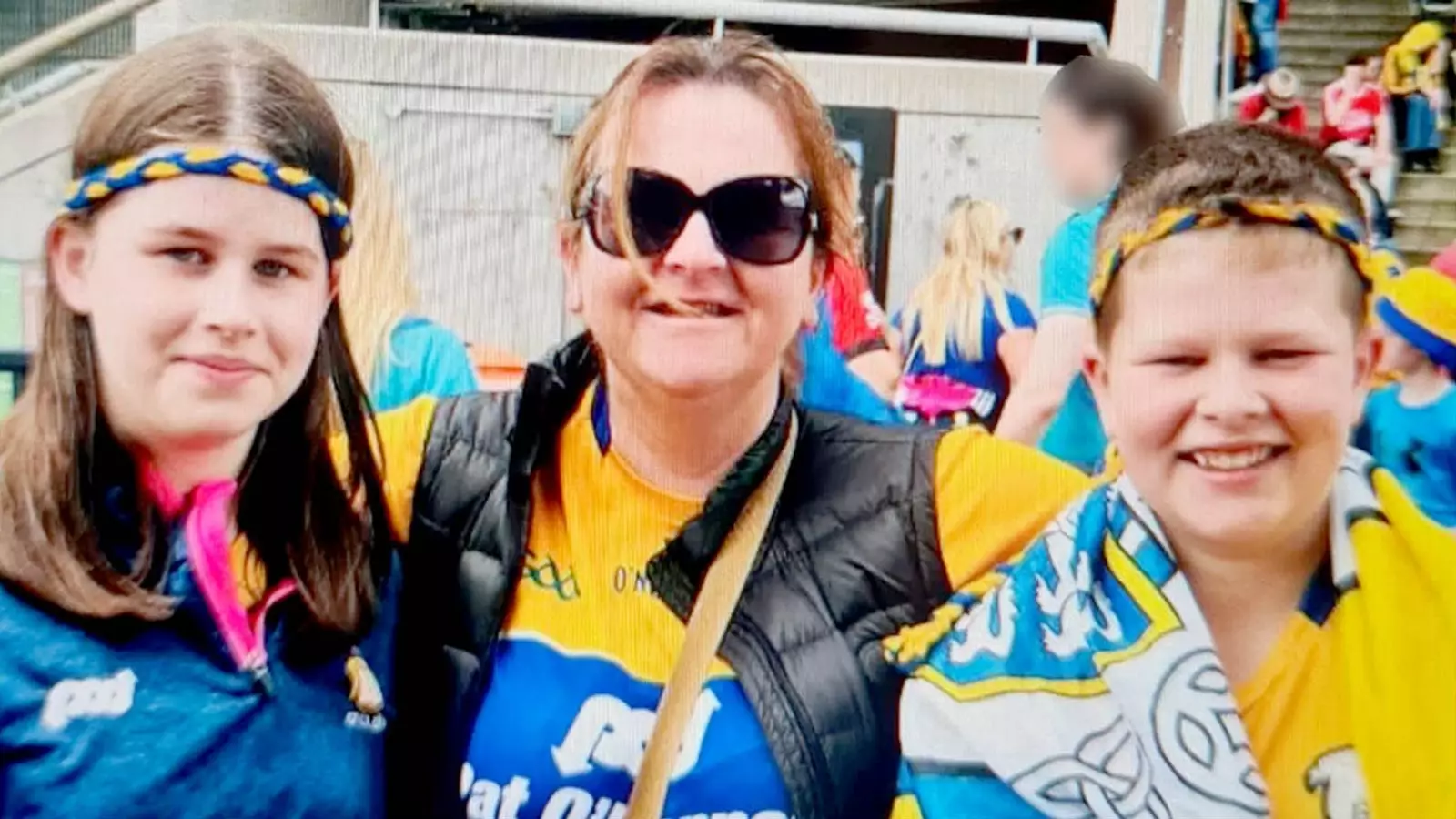The devastating shooting in County Fermanagh exposes a dark underbelly of domestic turmoil that many prefer to ignore. The victims—Vanessa Whyte, aged 45, and her two children—were innocent lives caught in the crossfire of a tragedy that might have been preventable. This heinous incident underscores the alarming prevalence of domestic violence in what many perceive as idyllic rural communities. The silence that often surrounds such families fosters a dangerous environment where warning signs are ignored or dismissed. Society must stop romanticizing rural tranquility as immunity from violence. Instead, we should confront the uncomfortable truth that familial discord can erupt catastrophically, regardless of location or social standing.
The police investigation hints at a complex, heartbreaking narrative—one that possibly involves years of unresolved issues, mental health struggles, or other underlying problems. We cannot ignore the blatant need for more robust intervention systems: accessible counseling, community support networks, and heightened awareness about mental health. It is not enough to react once tragedy strikes; preventative measures are vital. The community’s role in identifying and assisting at-risk families must be prioritized. Silence, shame, and fear often allow dangerous situations to fester unnoticed, culminating in irreversible damage. The Fermanagh shooting should serve as a wake-up call for society to scrutinize how we address familial fragility before it devolves into violence.
Community Call to Action: Bridging the Gaps in Support and Prevention
What makes this tragedy particularly jarring is how deeply embedded the victims were within their local community. The children, Sara and James, were described as active, talented, and loved members of local sports clubs—testaments to their vibrant personalities and promising futures. Yet their lives were abruptly cut short, revealing the fragility of youth amid a world where violence can intrude unexpectedly. The community’s shock highlights a collective failure; we often hear about violence in urban centers but underestimate how rural communities can harbor hidden dangers.
Local organizations and authorities must now step up and recommit to creating safer spaces for vulnerable families. Schools, sports clubs, and civic groups must foster environments where children feel safe enough to share their fears and concerns. It is heartbreaking to think that these children, who brought joy to those around them, may have been silently suffering. Their deaths should prompt a national conversation about mental health support, domestic violence prevention, and the role of community vigilance. It is not enough to offer help after the fact; proactive engagement, education, and intervention are essential to prevent future tragedies.
The Political and Social Responsibility for Safer Communities
Politicians and community leaders have a moral obligation to examine the systemic failures that allow such tragedies to occur. The incident in Fermanagh is not an isolated case—similar events happen across the UK and Ireland, often concealed behind closed doors. Yet, policymakers tend to respond with superficial solutions rather than addressing root causes: economic hardship, social isolation, mental health stigmas, and inadequate mental health services.
In a center-leaning liberal framework, there is an emphasis on compassion, social justice, and systemic reform. It is time to shift from reactive policies to proactive community-based programs that support mental wellness, domestic violence prevention, and family intervention efforts. Schools should be equipped with resources to identify warning signs early, and law enforcement agencies must coordinate closely with social services to intervene before violence erupts. Funding and policy changes are necessary to empower communities with the tools they need to address issues that, if left unchecked, culminate in tragedies like this.
Improved mental health infrastructure, accessible counseling, and public awareness campaigns are crucial components of a comprehensive prevention strategy. Our collective failure to recognize and respond to warning signs not only endangers vulnerable families but undermines the social fabric that holds communities together. As a society, we owe it to ourselves and to those most at risk to foster a culture of openness, support, and intervention, so that no family has to suffer in silence and tragedy.


Leave a Reply